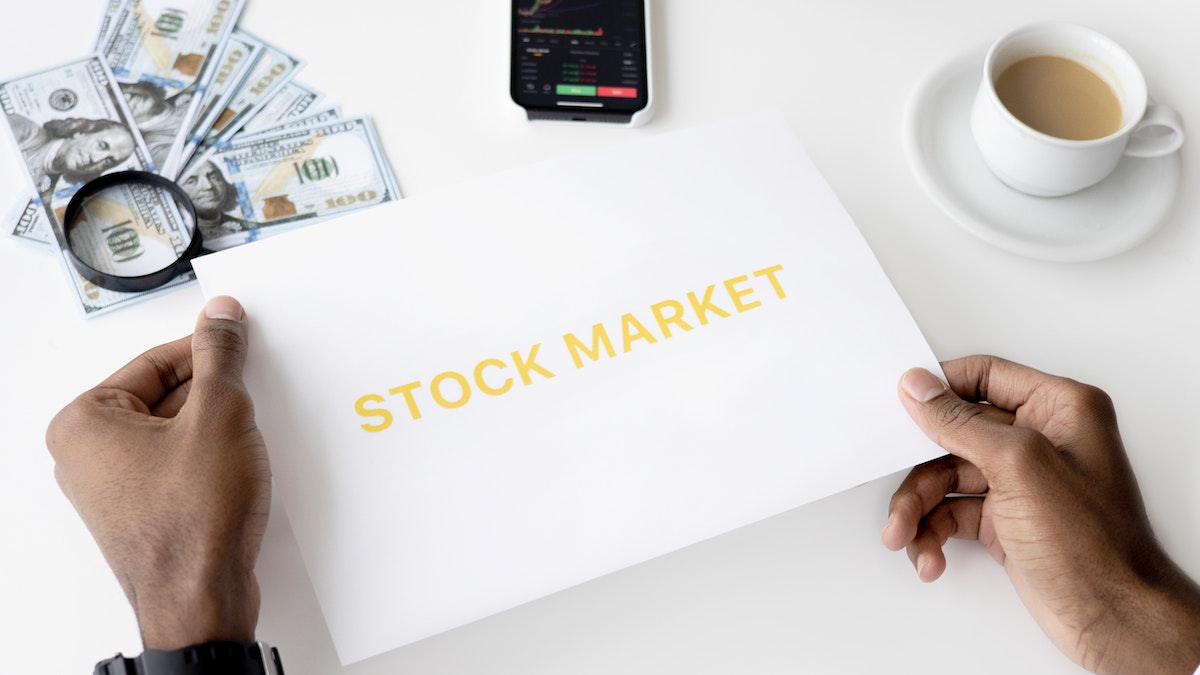When it comes to financial instruments, there are generally two schools of thought – buy and hold or trade and exit. The former takes a long-term view, while the latter is more short-term. So, what about CFDs? Are they suitable for long-term holding, or should you look to cash them in after a shorter period?
The case for holding CFDs long-term
There are several reasons why some investors opt to hold their CFDs for the longer term.
Compounding returns
One key benefit is that you can take advantage of compounding returns. The compound return is the rate of return calculated from a series of gains and losses that have affected an initial amount of capital over time. Compound rates are generally given in yearly terms, which means that the percentage number shown represents the annualized rate at which money has compounded throughout time.
This means that any profits you earn off your original investment will be reinvested and can then generate additional profits down the line. Over time, this can lead to significant growth in your investment portfolio.
Hedging
Another benefit of holding CFDs for the long term is using them as a hedging tool. A financial instrument involves purchasing a contract to sell an asset at a future date if the price of an underlying asset falls below a specified level.
A hedge is used to offset declines in investments by taking on the opposite position in a related investment. The reduction in risk associated with hedging generally results in lower earnings potential.
For example, if you have exposure to the stock market through shareholdings, you could look to offset some of this risk by taking out a long position in an equity index CFD. This way, if shares tumble, the value of your CFD will increase and help to offset any losses.
However, it’s not all plain sailing when holding CFDs for the long haul. There are also some potential drawbacks that you need to be aware of before making any decisions.
The case against holding CFDs long-term
Yet not all share the above school of thought. For many, it’s crucial to consider the drawbacks before deciding whether you want to sell or hold for the long term.
Cost
One of the critical considerations when holding any financial instrument is costs. When it comes to CFDs, these come in the form of spreads and overnight financing charges.
Spreads
A spread is a form of commission that traders pay to execute a position. Providers will not utilize a spread for certain assets, such as shares, but will charge on a commission basis instead; other assets may have both charging forms.
A trader utilizing a spread in their trading strategy will be hoping that the market price will exceed the spread. If this happens, the trade may be closed out for a profit. Even if the market moves the way they predicted, a trader might close their position at a loss if the price does not surpass the spread cost.
Overnight financing charges
Overnight financing is a fee you pay to keep a trading position overnight on leveraged trades. This is basically an interest payment to cover the cost of the leverage you use overnight. Overnight finance costs are incurred on open positions with no expiration date.
Both of these costs can eat into your profits if you hold a CFD long term, and over time they can have a significant impact on your overall return. Therefore, you need to factor into your decision-making process when considering whether or not to hold a CFD for the long term.
Liquidity
Another potential issue is liquidity risk. This refers to the risk that you may not be able to cash in your CFD when you want to. This is generally more of a concern with less liquid instruments, but it’s still something to be aware of.
Volatility
Keep in mind that the markets can be volatile and unpredictable, which can work against you if you’re holding a CFD for the long term. Should the market move against your position, you could make substantial losses.
So, what’s the verdict?
There are pros and cons to holding CFDs long term, as with any financial decision. It would be best if you weighed up all the factors before deciding and ensure your strategy fits your specific risk appetite and needs. If you opt to hold a CFD for the long term, make sure you monitor your positions closely and be prepared to take action if the market moves against you.


